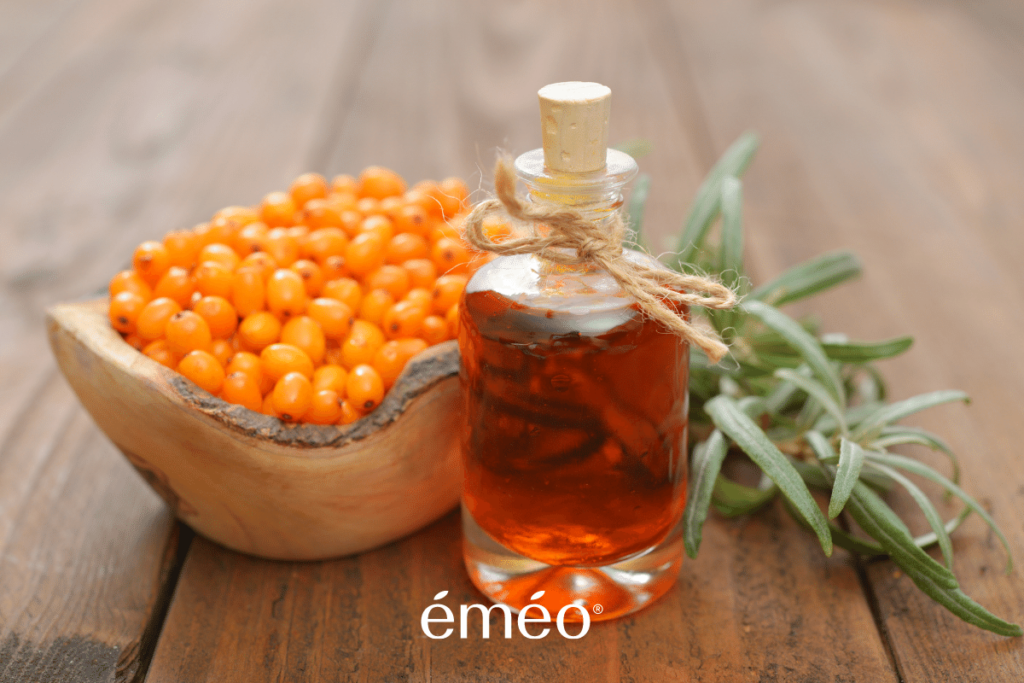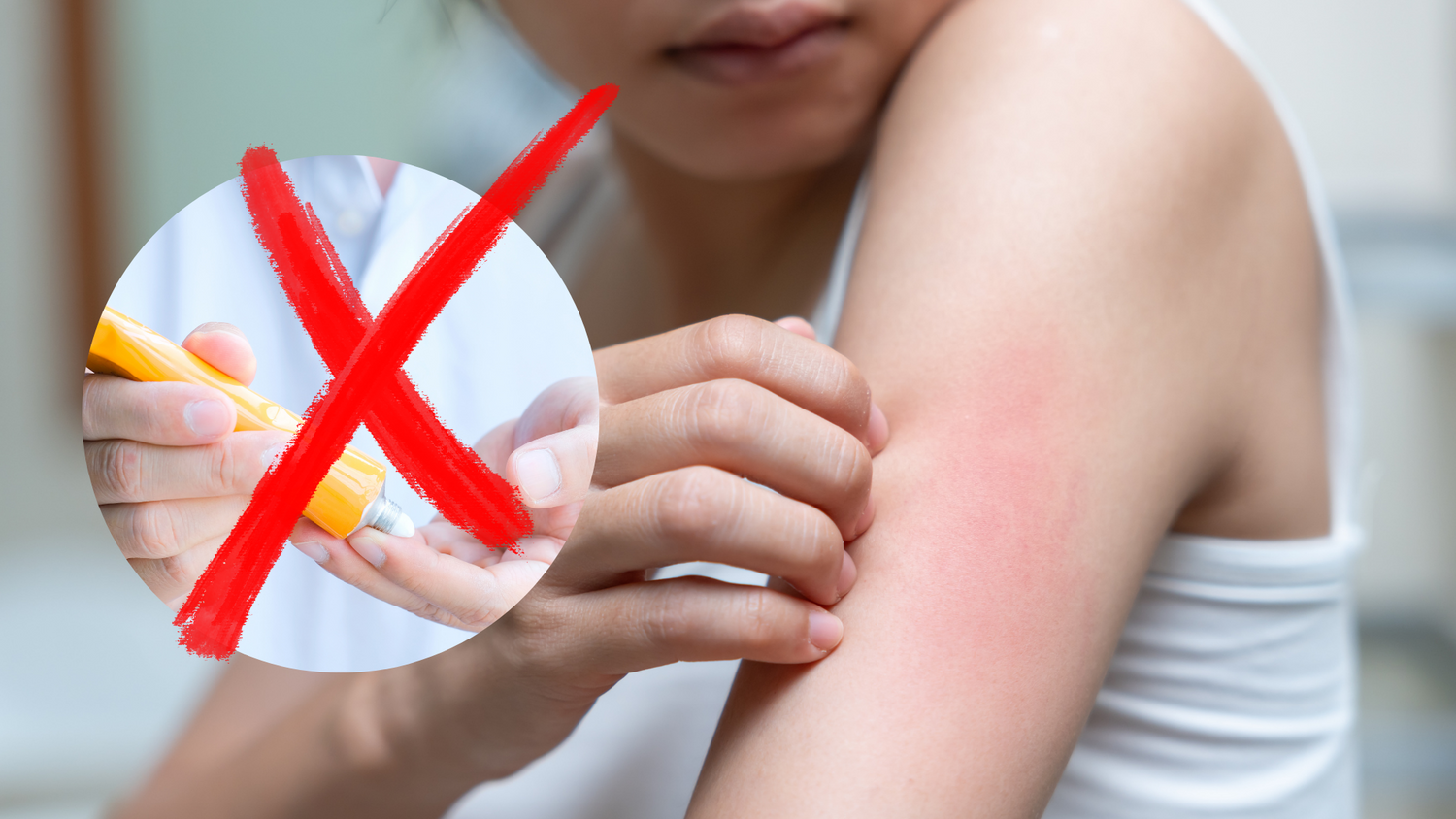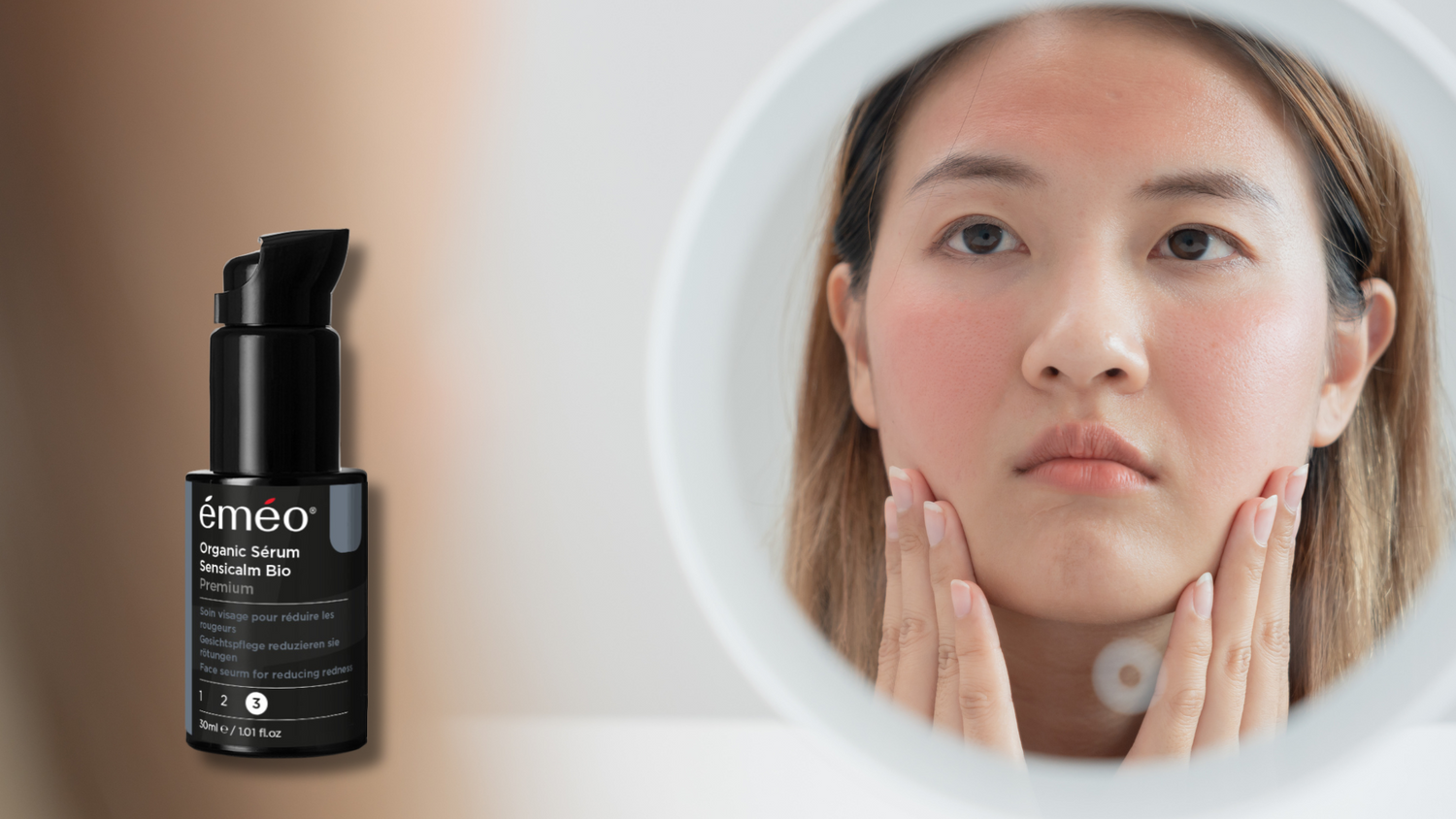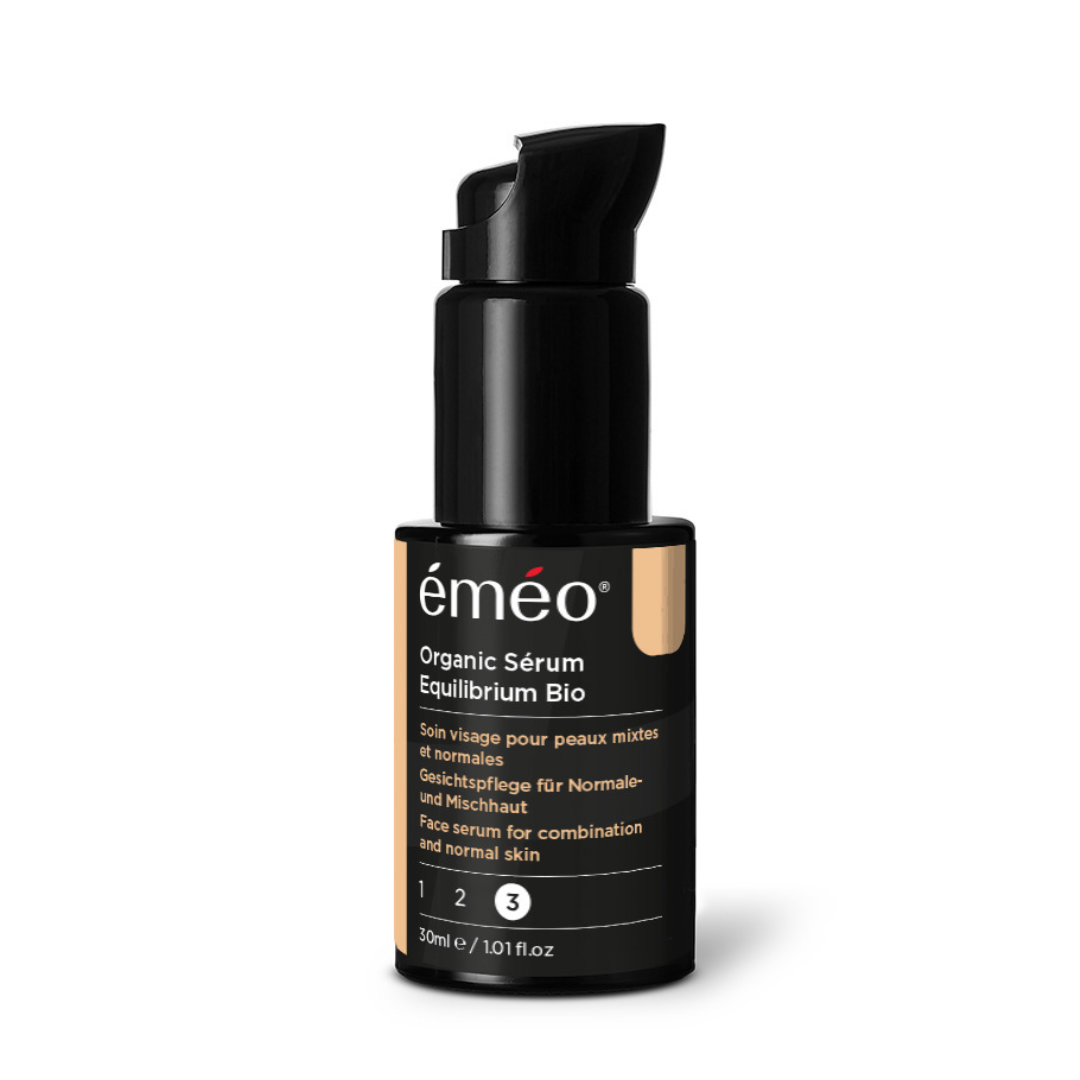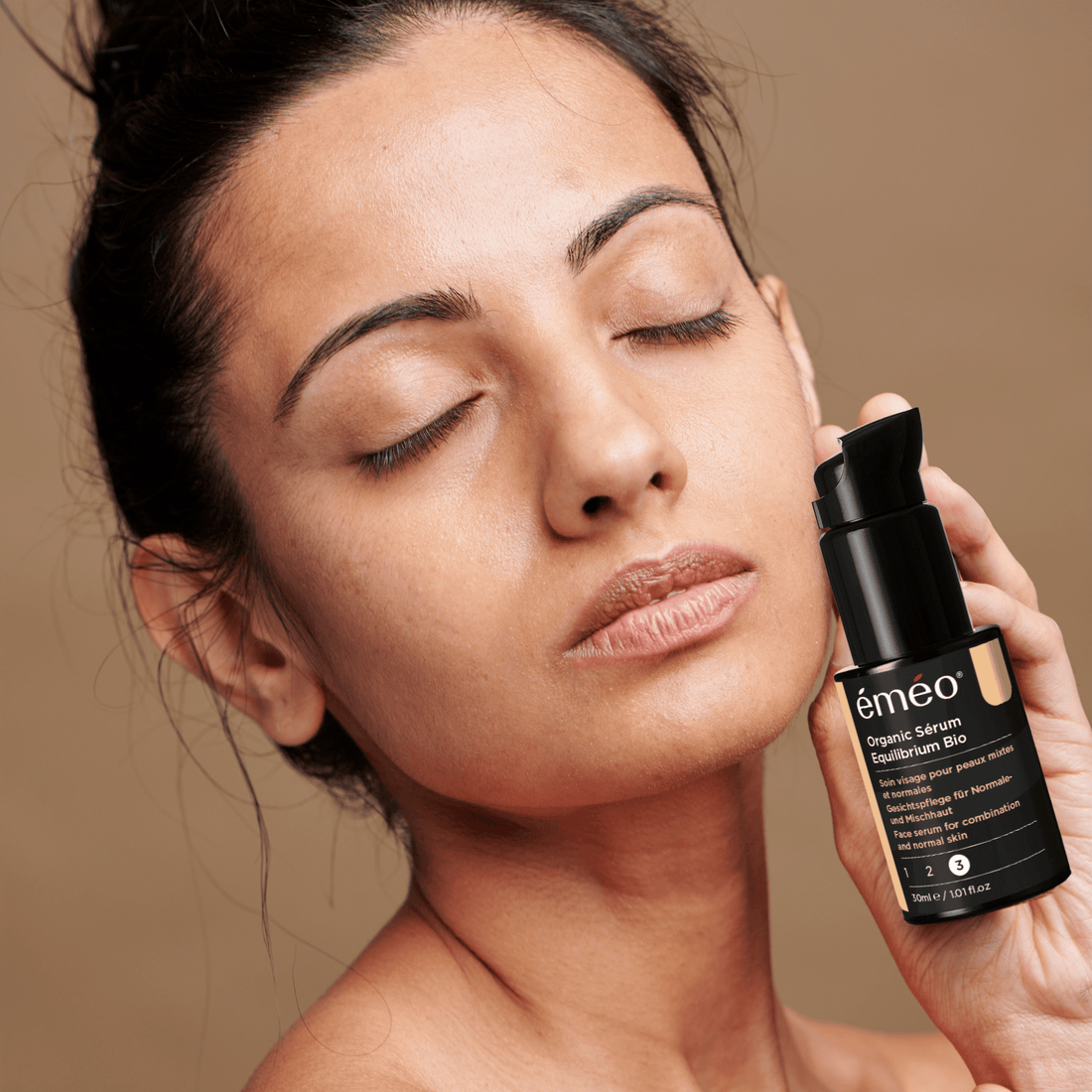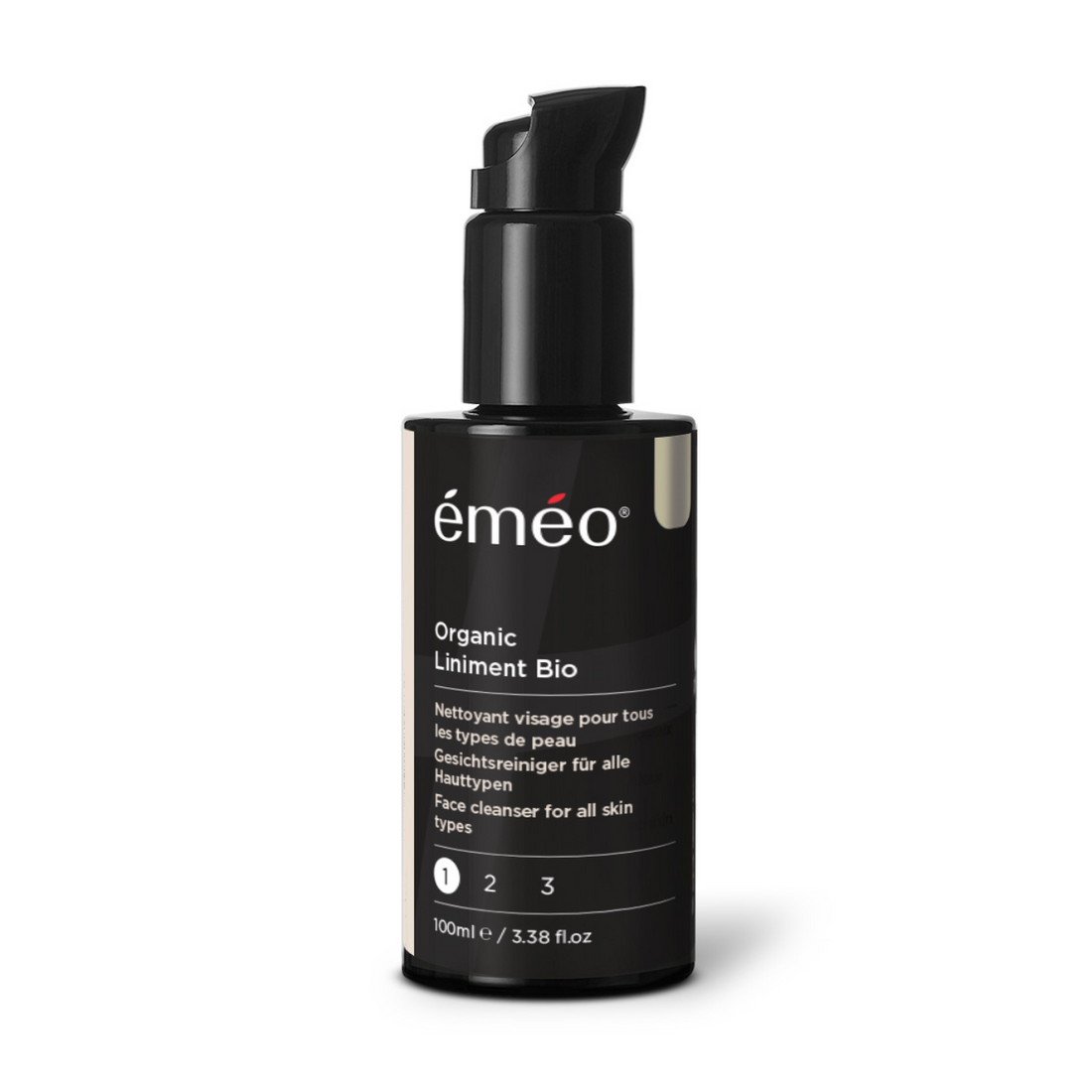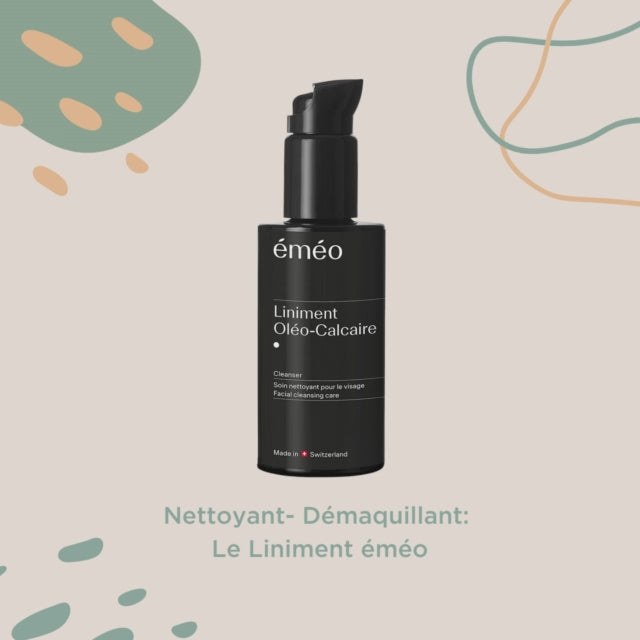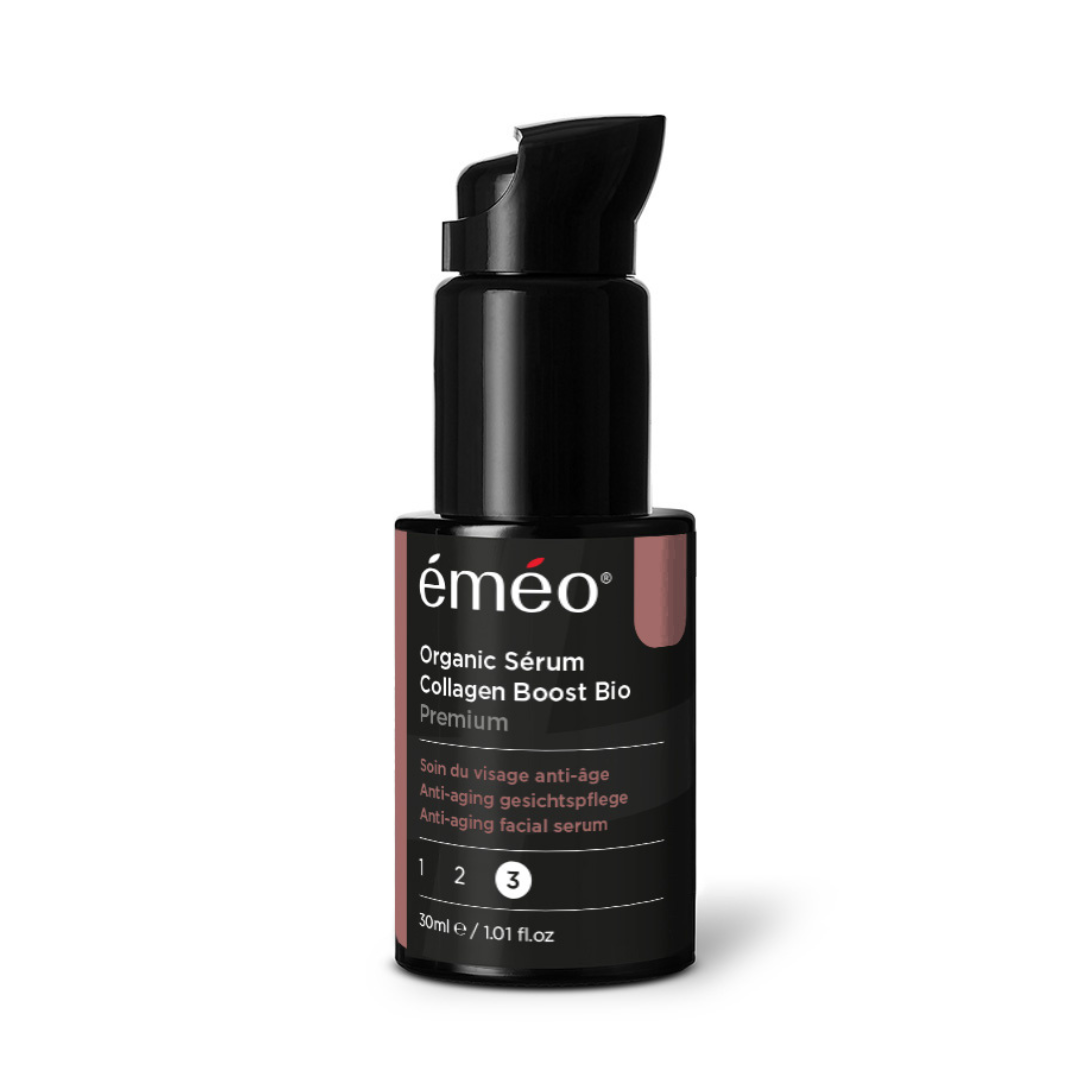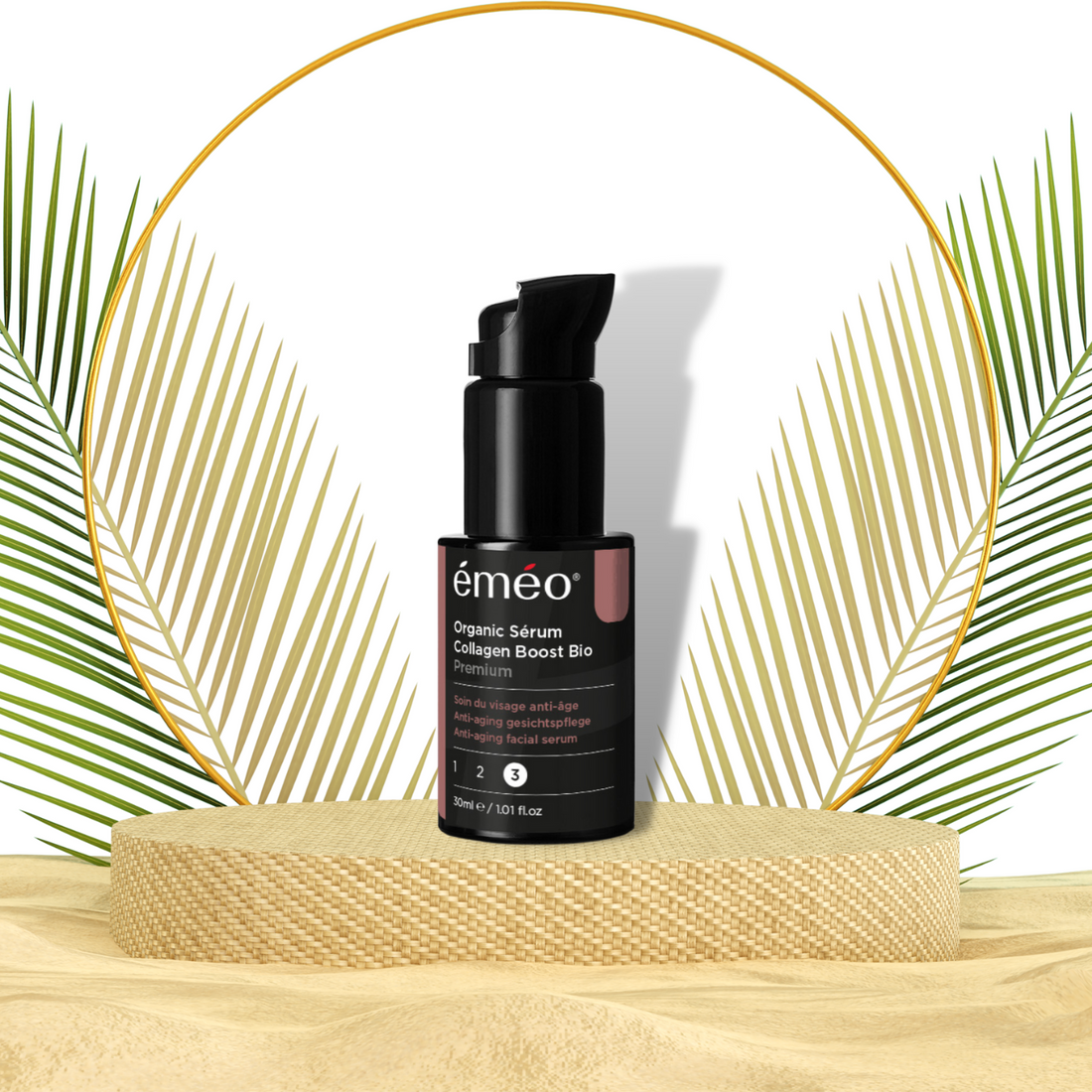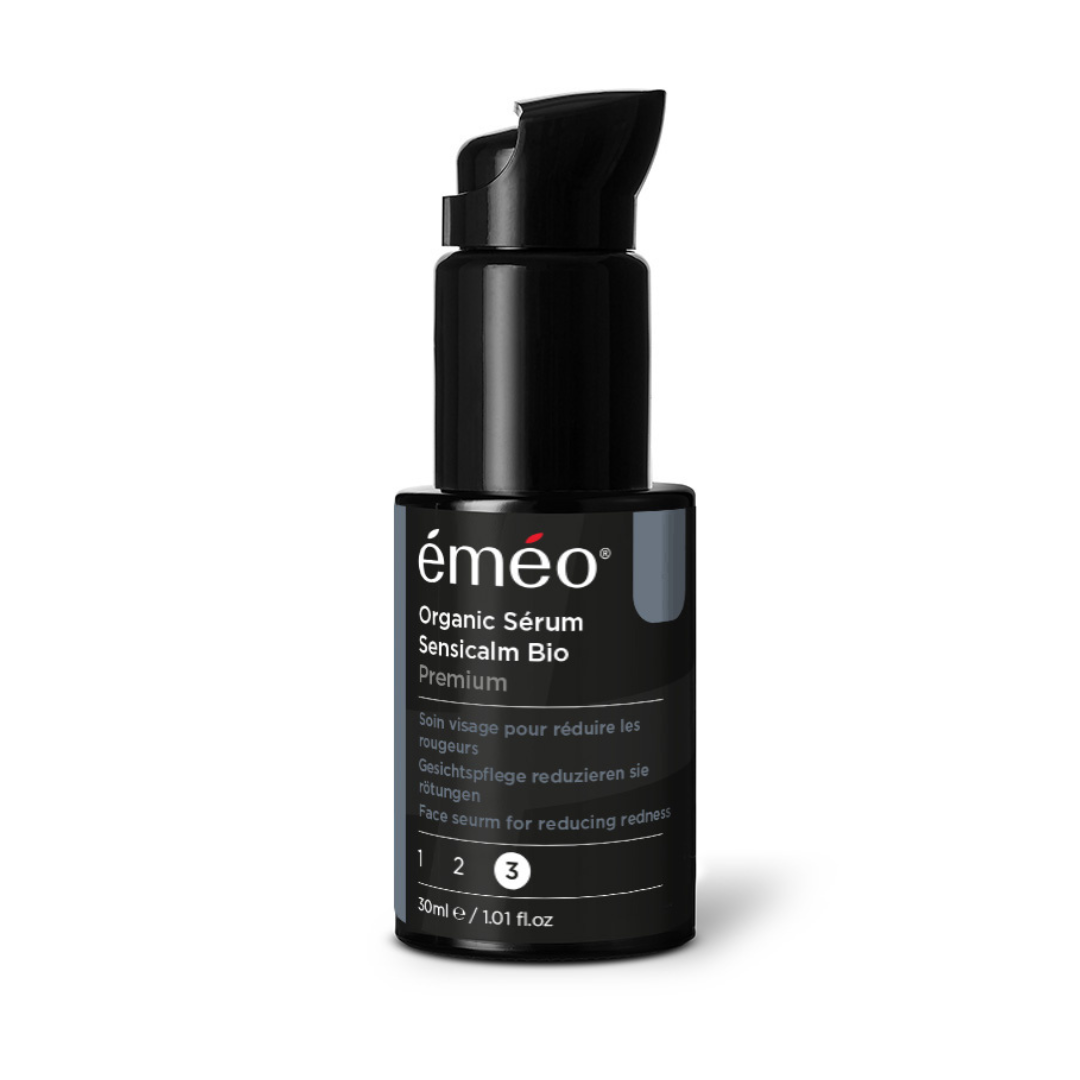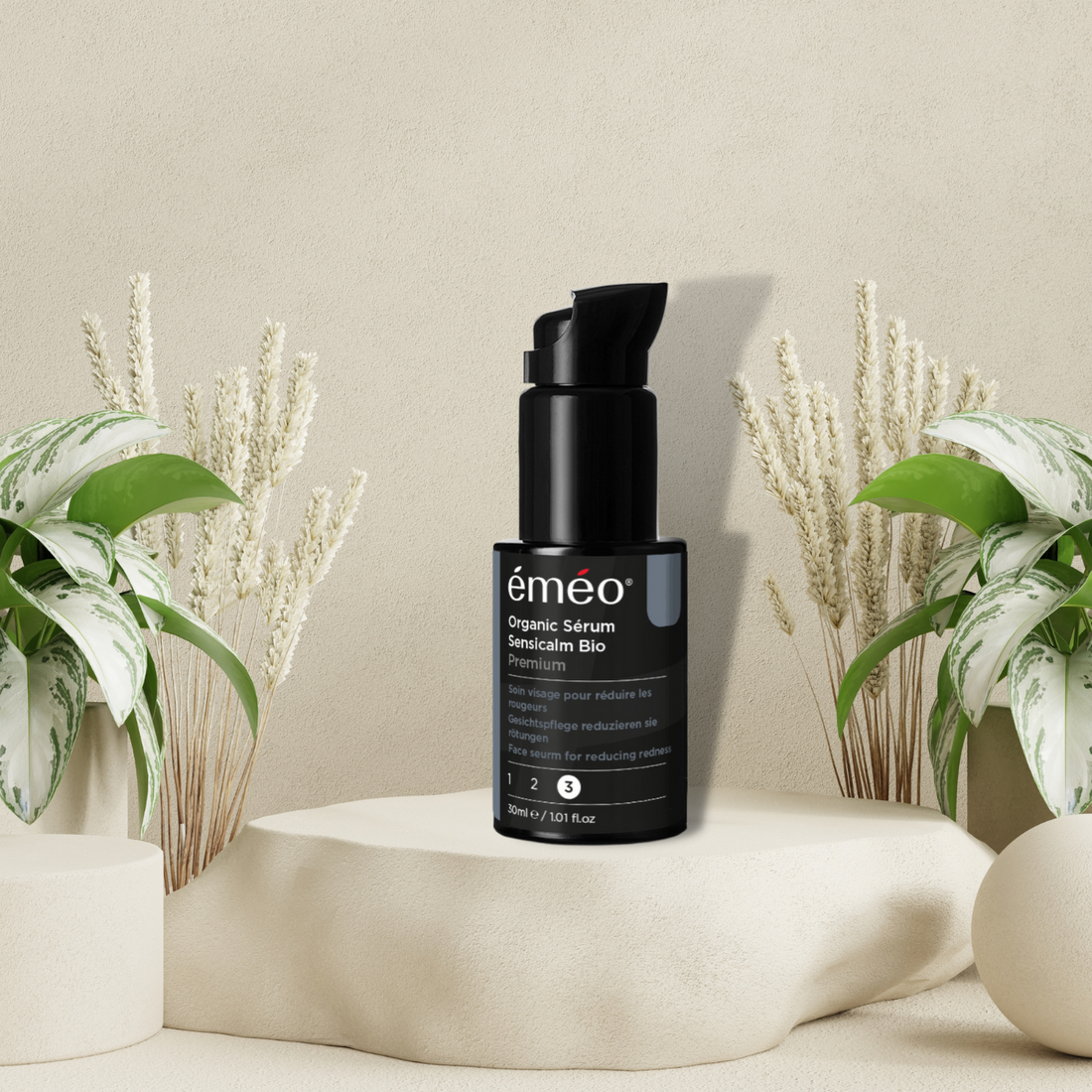Do you know how to effectively hydrate your skin?
If you have dry skin, you are not alone. Over 30% of the European population shares your situation. But how can you truly hydrate your skin? Can carrier oils be a solution? And what about moisturising creams?
In this article, we will explain in detail what your skin actually needs to stay beautiful and well-hydrated!
Definition of Hydration in Cosmetics
Hydration does not depend on the amount of water contained in the products you apply to your skin, but rather on the amount of water present in the cells of your skin.
Let's start by understanding your skin
We see it every day, but do we really know it? What is it composed of, and how does it work?
The skin is the largest organ in the human body, representing a total surface area of 1.7 m² and constituting 16% of our total body weight. It plays several essential roles, including:
1. Limiting water loss.
2. Acting as a barrier between our organs and the external environment.
3. Reducing the absorption of "chemical" substances from the environment.
4. Protecting against external aggressors such as mechanical shocks, bacteria, and UV rays.
5. Regulating body temperature.
6. Contributing to the absorption of Vitamin D.
Anatomy of the skin
The skin is composed of three layers, each containing various structures, including sweat glands and blood vessels.
The three layers are as follows:
1. The epidermis: The outermost and thinnest layer, averaging less than 1 mm in thickness depending on the body's areas. It plays a crucial role in the appearance of the skin and is primarily composed of keratinocytes, which make up 80% of the cells, along with other cell types.
2. The dermis: This layer varies in thickness from 0.5 mm on the eyelids to 3 mm on the back and palms of the hands. It contains elements that support the epidermis, such as collagen and elastin, as well as blood vessels, sweat glands, hair follicles, and nerves.
3. The hypodermis: This layer is mainly composed of adipocytes, with a significant network of blood and lymphatic vessels. Its primary function is thermoregulation and shock absorption.
The hydrolipidic film
This film, an oil-in-water emulsion, is continually renewed and contributes to the skin's barrier function. It contains both aqueous and lipid components, as well as bacteria for defense against external aggressors. The aqueous phase mainly consists of sweat and dissolved substances, while the lipid phase originates from sebum.
Dry Skin
Dry skin is characterized by insufficient hydration of the stratum corneum, caused by an imbalance in lipid composition and impaired barrier function. To maintain hydration, intracellular lipids play a crucial role.
Dry skin is exacerbated by inadequate water intake and unfavorable environmental conditions. Harsh cleansing products, especially with hot water, can further weaken the skin's barrier.
The role of oils in skin hydration
Oils help the skin rebuild its lipid film and strengthen the skin barrier to reduce water loss. It is essential to maintain a balance of fatty acids by using different oils with varying concentrations of linoleic, oleic, alpha-linolenic acids, and unsaponifiables, as well as vitamins and phytosterols.
The role of water in skin hydration
Water doesn't directly penetrate the skin. When you apply a cream, the aqueous portion evaporates, leaving the oily portion, emulsifiers, preservatives, and humectants. Humectants draw water from deeper layers of the skin to the stratum corneum. Some common humectants include glycerin, urea, amino acids, sodium lactate, and simple sugars.
The skin is composed of 70% water, so it's essential to maintain adequate hydration by drinking enough water (1.5 to 2 liters per day or more, depending on your level of physical activity).
Which oils or butters to choose for dry skin?
It's important to strengthen the skin barrier by retaining water in the stratum corneum and providing the necessary lipids. Occlusive oils, such as butters and certain oils from tropical and Mediterranean regions, help maintain hydration. On the other hand, more fluid oils from northern countries can be used to compensate for lipid loss.
Hydrating facial skin with carrier oils
A proper facial skincare routine is essential to maintain healthy skin. It's important to cleanse the skin gently without stripping it. Then, apply a synergy of vegetable oils and botanical actives to maintain optimal hydration.
Recommended morning and evening routine:
1. Liniment.
2. Rose or Chamomile Hydrosol.
3. Rehydrate Serum or Collagen Boost Premium Serum (for mature and dry skin): a nourishing and regenerating treatment containing argan, avocado, rosehip, and borage oils.
1. Liniment - Cleanser
The organic liniment is formulated to gently cleanse your skin while maintaining its natural moisture balance. Enriched with natural ingredients, it gently removes impurities while leaving your skin clean, soothed, and ready to absorb the benefits of subsequent products.
2. Rose or Chamomile Hydrosol
Next, we offer our organic Rose or Chamomile hydrosol. These delicate floral waters are extracted from fresh flowers, preserving all their beneficial properties. Used as tonics, they revitalize and soothe your skin while providing deep hydration. Their subtle fragrance adds a touch of luxury to your skincare routine.
3. Rehydrate Serum or Collagen Boost Premium Serum (for mature and dry skin)
For deep hydration and optimal regeneration, we present our Rehydrate Serum and Collagen Boost Premium Serum. These products are specially designed for mature and dry skin. They contain a precious blend of organic oils, including argan, avocado, rosehip, and borage, known for their exceptional nourishing and regenerating properties. These serums quickly penetrate the skin, leaving a feeling of softness and long-lasting hydration. They help reduce signs of aging while bringing natural radiance to your complexion.
éméo products are carefully crafted using the highest quality organic ingredients. They result from our commitment to natural beauty and respect for your skin. Try them now to discover the difference that quality organic skincare can make in your skincare routine.
In conclusion
Skin hydration is a process that occurs from within by drinking enough water and from the outside through proper skincare. Always ensure your skin is slightly damp before applying oil-based products to maintain the skin's hydro-lipidic balance. You can also mix a little hydrosol with your serum in the palm of your hand before applying it to your face, neck, and décolleté.



